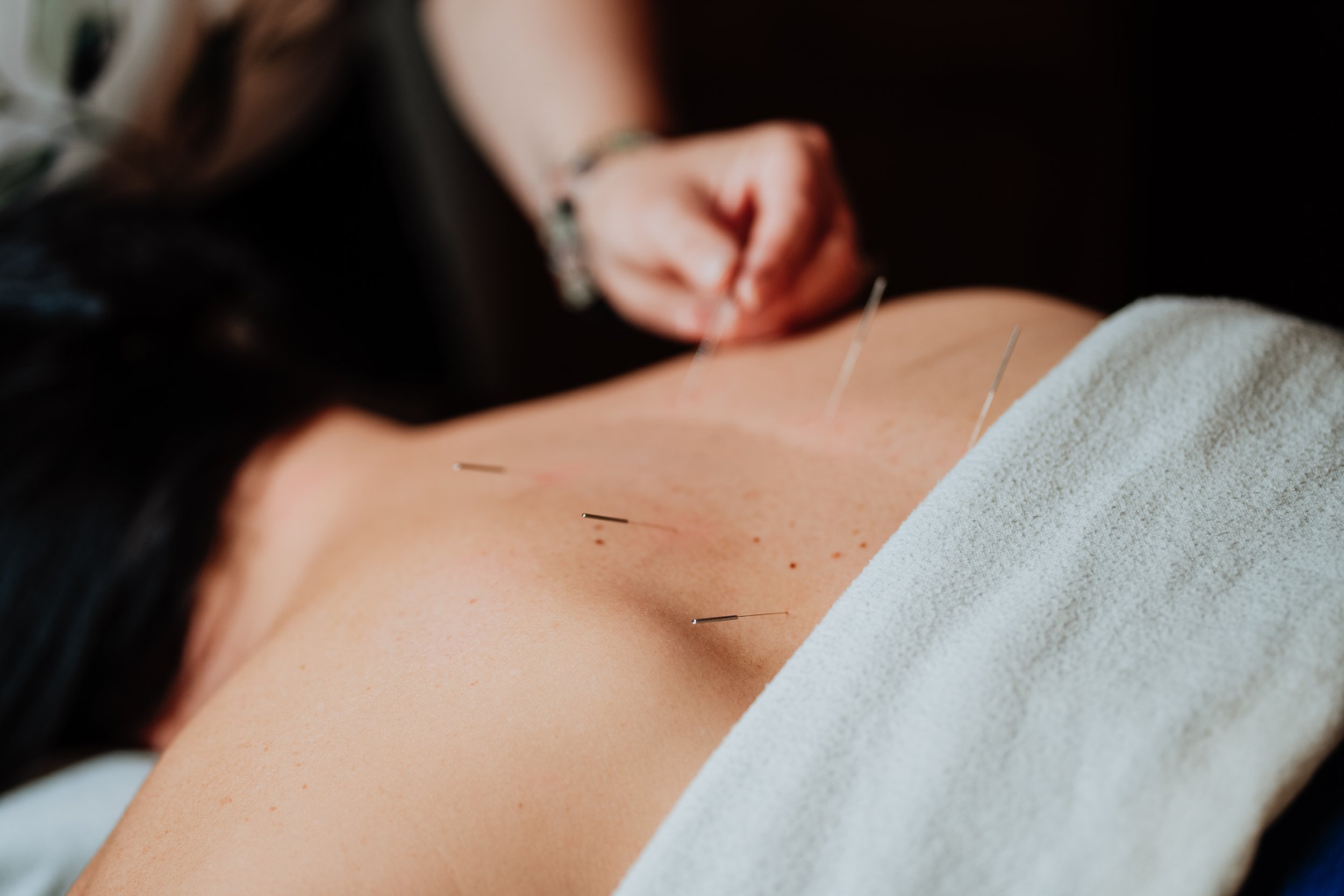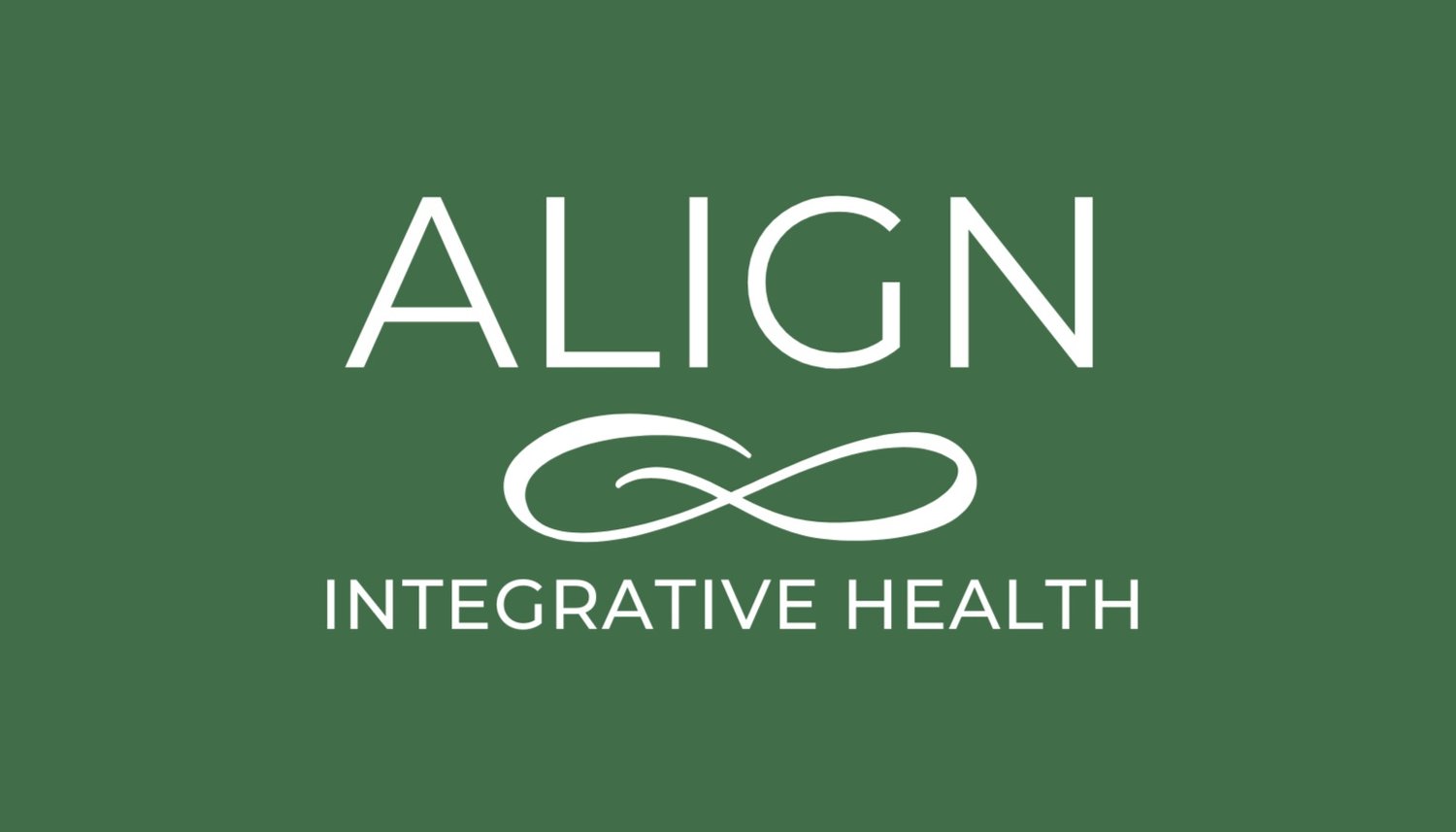
Acupuncture
What is Acupuncture?
For thousands of years, acupuncture has been utilized as a minimally invasive method to alleviate pain and address various health concerns. Unlike merely addressing the symptoms of an illness, acupuncture takes a holistic approach to treating the body. By delicately inserting sterile, disposable needles into specific points on the body, the vital life force, known as "qi" (pronounced "chi"), can be activated. These points facilitate the flow of qi, which helps enhance the body's natural healing abilities and promote balance. According to this practice, sickness is a result of qi imbalance.
Benefits?
Reduced Headaches & Migraines
Reduced Pain
Manage Anxiety
Reduced Stress
Restore Hormonal Imbalances
(Perimenopause, Menstrual Conditions)Better Sleep
More Energy
Langford Acupuncture - BOOK HERE
Frequently Asked Questions
Q. Are there any adverse effects associated with acupuncture treatment?
A.The acceptance of acupuncture therapy is largely due to its minimal risk of serious side effects when administered by a Registered Acupuncturist. It is not uncommon to experience tenderness or discomfort at the site where the needles were inserted, but this is a normal and temporary effect that typically subsides within 24 hours. Bruising, while less frequent, can also occur but is typically painless and tends to fade away within a few days post-treatment.
Q. Are the acupuncture needles safe?
A.Completely. Needles are made of stainless steel; they are pre-sterilized and disposed of after each treatment.
Q. What does acupuncture feel like?
A.Patients report a range of sensations during acupuncture treatment, including dull aches, numbness, tingling, pressure, and even heaviness or fullness. It's important to note that these sensations should never be sharp or painful. If a patient experiences sharp pain, it could indicate that the needle has gone through a hair follicle or is too close to a nerve or tendon. In such cases, the acupuncturist will adjust the angle of the needle to eliminate the pain or remove it entirely.
Q. Following an acupuncture treatment, what kind of outcomes or changes can I anticipate?
A.After receiving acupuncture treatment, patients frequently report feeling relaxed and peaceful, and this sensation can last for several days. Many also report improved quality of sleep, waking up feeling well-rested the next day. Perhaps the most significant benefit noted by patients is the relief of symptoms they experience shortly after their initial treatment.
Q. How does Dry Needling differ from acupuncture and what exactly does it entail?
A.Dry Needling, or Intramuscular Stimulation (IMS), is a technique utilized by physiotherapists in which acupuncture needles are inserted into the muscles to alleviate muscle tightness. Although this approach may provide temporary relief, it is frequently an incomplete treatment since it fails to address any underlying conditions linked to the issue. This is where Registered Acupuncturists using Traditional Chinese Medicine come in, filling this gap by addressing both the root cause and the specific muscle tightness. While dry needling practitioners such as, a physiotherapist, are often taught over a weekend, acupuncturists undergo three years of training and spend more than 500 hours observing and needling patients in student clinics.
Q. How big are acupuncture needles?
A.Acupuncture needles are relatively small in size, with different sizes available. In my practice, I primarily use needles that are either 0.16mm in diameter and 15mm in length or 0.25mm in diameter and 30mm in length. It's worth noting that I can fit 20 acupuncture needles into the head of a hypodermic injection needle - a fun fact about these tiny but effective tools!






